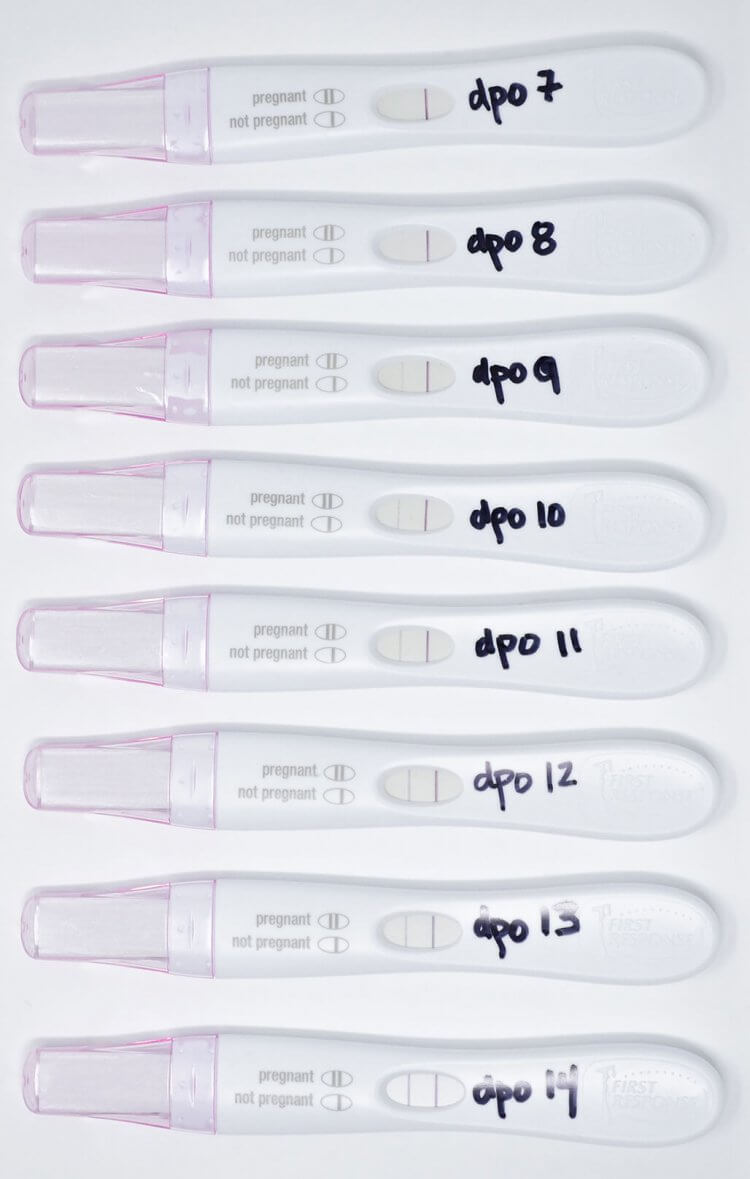
Pregnancy Tests: A Comprehensive Guide
Pregnancy tests are an essential tool for women who are trying to conceive or avoid pregnancy. They provide a simple and convenient way to determine if a woman is pregnant, allowing her to make informed decisions about her reproductive health. This article provides a comprehensive guide to pregnancy tests, including their types, accuracy, and how to use them correctly.
Types of Pregnancy Tests
There are two main types of pregnancy tests:
- Urine pregnancy tests: These tests detect the presence of human chorionic gonadotropin (hCG) in urine. hCG is a hormone produced by the placenta after a fertilized egg implants in the uterus. Urine pregnancy tests are widely available and can be purchased over-the-counter.
- Blood pregnancy tests: These tests measure the level of hCG in the blood. Blood pregnancy tests are more sensitive than urine pregnancy tests and can detect pregnancy earlier. However, they require a blood draw and must be performed by a healthcare professional.
How Pregnancy Tests Work
Pregnancy tests work by detecting the presence of hCG. hCG is produced by the placenta after a fertilized egg implants in the uterus. The levels of hCG increase rapidly in the early stages of pregnancy, doubling every 2-3 days.
Urine pregnancy tests use antibodies that bind to hCG. If hCG is present in the urine, the antibodies will bind to it and produce a visible line or symbol on the test strip. Blood pregnancy tests use a similar principle, but they measure the actual concentration of hCG in the blood.
Accuracy of Pregnancy Tests
Pregnancy tests are generally very accurate. However, there are some factors that can affect their accuracy, including:
- The timing of the test: Pregnancy tests are most accurate when taken after a missed period. Taking a test too early may result in a false negative result.
- The sensitivity of the test: Some pregnancy tests are more sensitive than others. More sensitive tests can detect lower levels of hCG and may be able to detect pregnancy earlier.
- The user’s technique: It is important to follow the instructions on the pregnancy test package carefully. Incorrect technique can lead to false results.
How to Use a Pregnancy Test
Using a pregnancy test is simple and straightforward. Here are the steps:
- Collect your urine: For a urine pregnancy test, collect a sample of your urine in a clean container.
- Dip the test strip: Dip the test strip into the urine sample for the specified amount of time.
- Wait for the results: Wait for the specified amount of time for the results to appear.
- Interpret the results: Most pregnancy tests will display a line or symbol to indicate the result. A positive result means that you are pregnant. A negative result means that you are not pregnant.
False Positive and False Negative Results
In some cases, pregnancy tests can produce false positive or false negative results.
- False positive results: A false positive result occurs when a pregnancy test indicates that you are pregnant, but you are not. This can be caused by certain medical conditions, such as a recent miscarriage or ectopic pregnancy. It can also be caused by using a pregnancy test that is expired or has been stored improperly.
- False negative results: A false negative result occurs when a pregnancy test indicates that you are not pregnant, but you are. This can be caused by taking the test too early or using a pregnancy test that is not sensitive enough.
If you get a positive pregnancy test result, it is important to see your healthcare provider to confirm the pregnancy and discuss your options. If you get a negative pregnancy test result but you are still concerned that you may be pregnant, you should also see your healthcare provider.
Conclusion
Pregnancy tests are a valuable tool for women who are trying to conceive or avoid pregnancy. They are widely available, easy to use, and generally very accurate. However, it is important to understand the limitations of pregnancy tests and to interpret the results correctly. If you have any questions or concerns about pregnancy tests, you should talk to your healthcare provider.